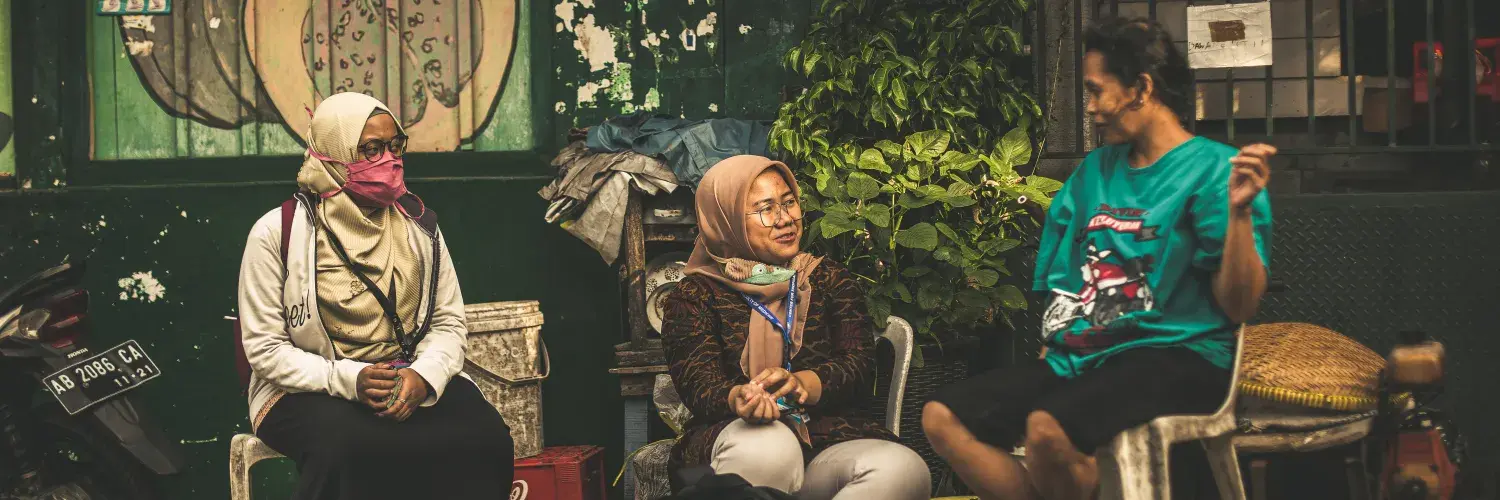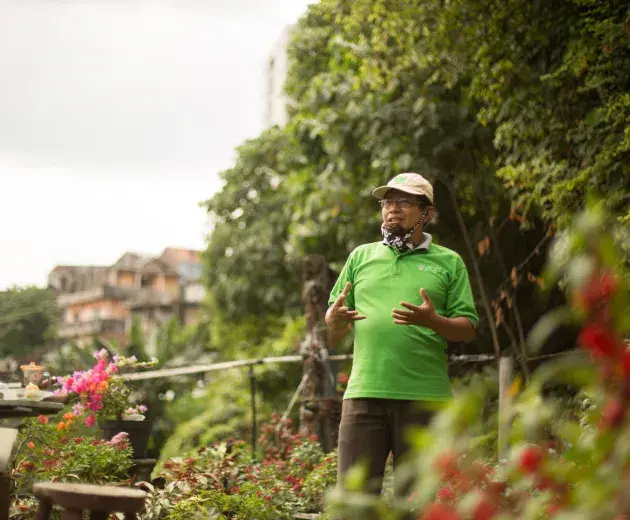Important update
After 3 years, the 'Applying Wolbachia to Eliminate Dengue' Randomised Controlled Trial conducted in Yogyakarta City shows incidence of dengue cases in intervention areas decreased by 77% compared with untreated areas within the study site.
The World Mosquito Program is working in and around Yogyakarta to protect communities from mosquito-borne diseases like dengue, Zika, chikungunya and yellow fever.
The Indonesian Ministry of Health (MoH) has evaluated the results of Wolbachia releases in Yogyakarta and decided there was enough evidence to scale up WMP’s Wolbachia method to help protect millions more people in Indonesia. The gold-standard randomised controlled trial showed a 77% reduction in dengue cases and 86% reduction in dengue hospitalisations in Wolbachia-treated areas compared with untreated areas.
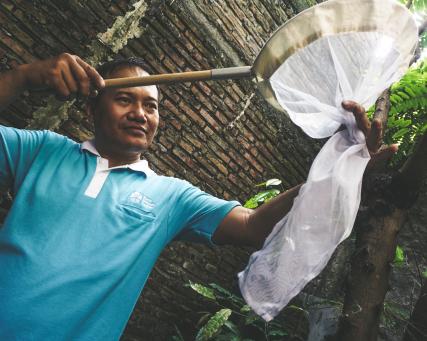

Before our project started, there were regular large outbreaks of dengue in this area. The aim of these releases was to establish Wolbachia in the local mosquito populations to reduce the transmission of mosquito-borne diseases. Wolbachia mosquito releases within Yogyakarta City began after two years of engagement with communities and approval by the provincial government.
In the first phase of the Yogyakarta City deployments, the team introduced mosquitoes with Wolbachia into seven urban villages on the northwest perimeter of Yogyakarta City.
The impact on disease was evaluated by comparing dengue case notifications to the District Health Office from the Wolbachia-treated communities with a pre-defined untreated control area, in what is known as a quasi-experimental study design.
After 24 months of Wolbachia establishment in the intervention area in Yogyakarta City, the incidence of identified dengue cases in the intervention area has decreased by 73 per cent in comparison to the control area.

A randomised controlled trial of the Wolbachia method commenced in Yogyakarta City in 2017 in order to rigorously evaluate the impact of Wolbachia on the transmission of dengue and other mosquito-borne diseases. Results announced in August 2020 showed a 77% reduction in dengue incidence and an 86% reduction in hospitalizations in areas of the study site that were treated with Wolbachia. Welcome news for the people of Yogyakarta and a major breakthrough for the program.
Read our randomised controlled trial of the Wolbachia method in Yogyakarta City.
More than 1.5 million people in Yogyakarta Province live in areas where Wolbachia have been installed in the local Aedes aegypti population, some for as long as 10 years.
The community has enthusiastically supported the project in Yogyakarta City, with more than 12,400 volunteers helping to release mosquitoes, host bug traps and promote the project. Almost 10,000 volunteers helped to release mosquitoes – an amazing effort!
Learn how we work with communities.

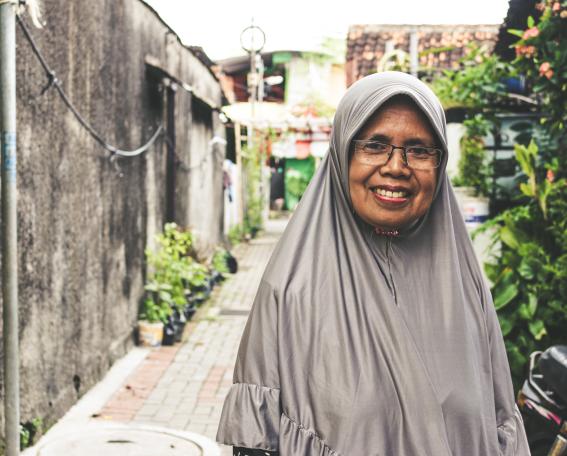
Sleman District
We released Wolbachia mosquitoes in two sub-villages in Sleman in 2014, following two years of community engagement and awareness-raising activities.
After the Applying Wolbachia in Eliminate Dengue (AWED) study finished in 2020, we collaborated with the Sleman District Health Office to implement WMP's Wolbachia method as a complementary intervention to the existing dengue control program. This program, "Si Wolly Nyaman”, was implemented in 13 sub-districts, 39 villages, and 588 sub-villages in Sleman.
We also cooperated with 20 Public Health Offices and 3000 health cadres to release the mosquitoes. After the release, we monitored the level of Wolbachia in the mosquito population. The final phase of monitoring ended in 2022.
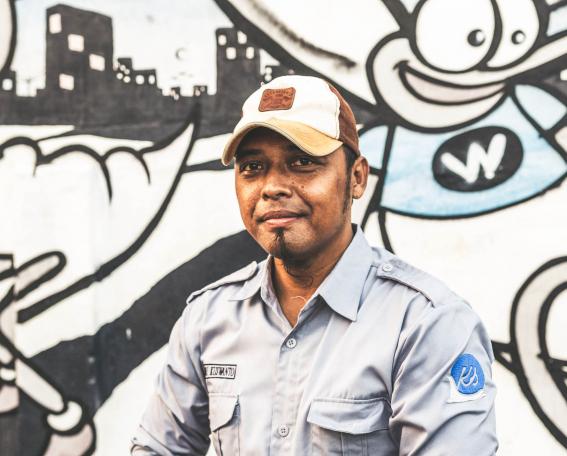
Bantul District
In 2014 and 2015, following community engagement and awareness-raising activities, we released Wolbachia mosquitoes in two sub-villages in Bantul.
After the AWED study finished in 2020, WMP collaborated with the Bantul District Health Office to implement WMP's Wolbachia method as a complementary measure of the dengue control program.
The program, called WoW Mantul, was implemented in 11 sub-districts, 38 villages, and 519 sub-villages. We also cooperated with 18 Public Health Offices and 3200 health cadres to release the mosquitoes. The monitoring is being carried out in five phases and is scheduled to be completed in 2023.
Partners and Supporters
Our work in Yogyakarta is made possible by the generous assistance of partners and supporters


